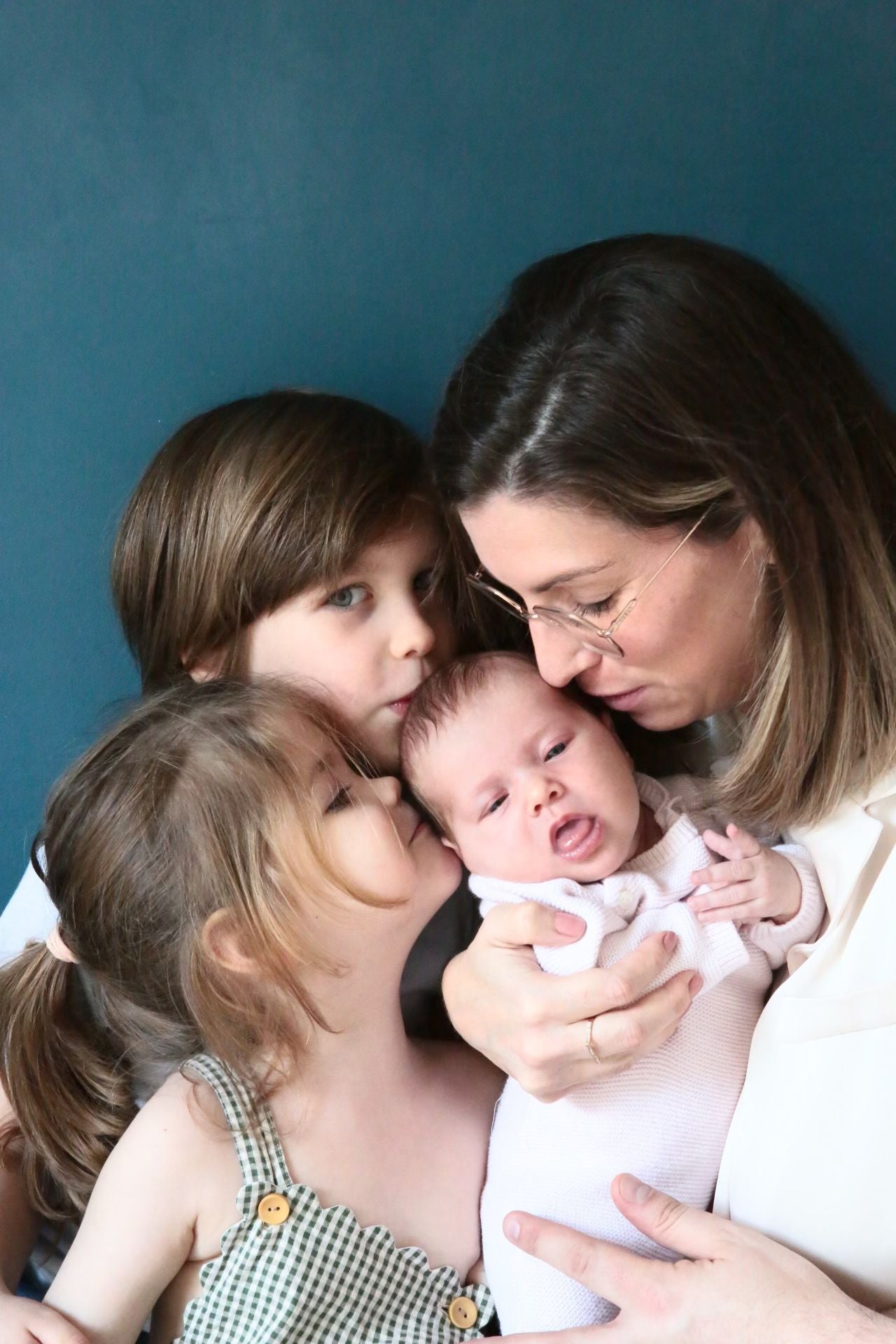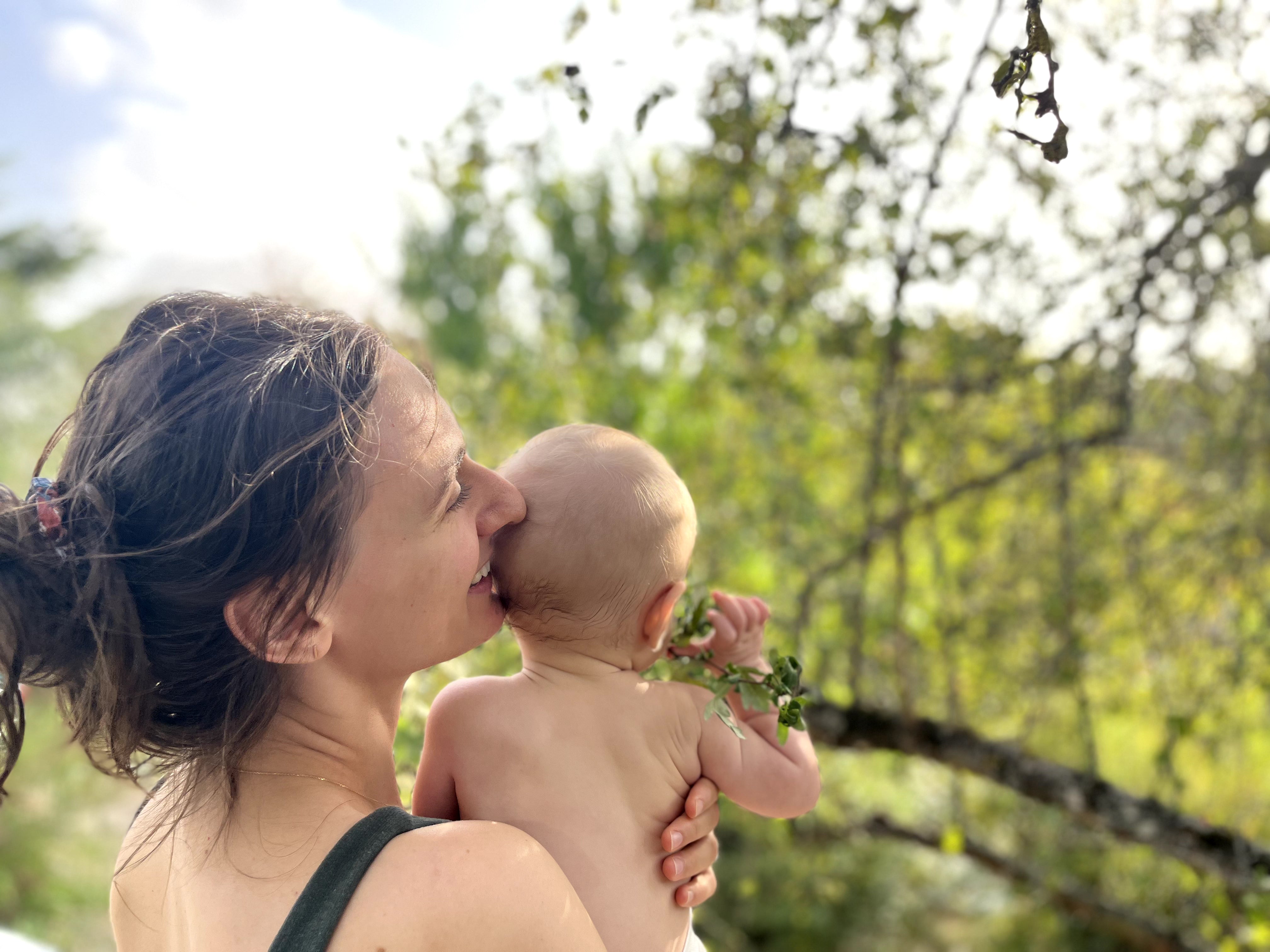
Expert Talk 2: Anne-Charlotte, midwife
Can you introduce yourself: your first name, your profession?
My name is Anne Charlotte. I worked for 15 years as a hospital midwife and for three years as a health executive.
I currently write and produce a podcast dedicated to the postnatal period called "Le Cercle Post-Partum". I'm also involved in associations dealing with the postnatal period and supporting parents and families during this time. I'm also the mother of three children.
As a professional, what is your vision of early childhood? How do you approach it in your practice?
For me, early childhood is a crucial period in life that requires guidance and support. A lot is at stake during this period, mainly in terms of health, of course, with the products we use, the food we choose for our child, the establishment of sleep patterns and rhythms of life. But it's also the time when the foundations of human relationships are laid, with the bond of attachment developing from the very first days of life.
In my practice, I'm very sensitive to prevention and family information. I advocate reinforced support in the postnatal period, which is a really difficult time for families. I am trained in infant development care, which has made me very attentive to the needs and reactions of toddlers. The way we talk to them, touch them and care for them all play a real role in the relationship we build with them and in their well-being.
Why do babies need special care products?
Toddlers are not miniature adults. They have their own needs, and the products we use for them must be adapted to those needs. Their skin is highly reactive, and they are more sensitive to the substances they come into contact with. The risk of developing allergies is very high. During the first years of life, toddlers are exposed earlier and in greater quantities to many controversial substances, for which we have no experience of long-term effects.
Parents are often misled by a lack of transparency on product composition and a lack of information on certain ingredients.
What care advice do you have for young parents?
I'd like to say as few products as possible from the very first months of life. Few products are needed to care for your little one. Nappy-changing can be done with just plain water, a simple hair and body cleanser, and on a case-by-case basis, a moisturizer or skin oil that can be massaged in, or saline solution for eye and nose care. And in over 90% of cases, that's enough.
What is used in the maternity ward is not necessarily a guarantee of quality. These are often advertising partnerships. Read labels, look for products of natural origin with as few ingredients as possible, and beware: an organic label does not guarantee the absence of endocrine disruptors, for example.
How do you think care can contribute to the development of babies and young children?
For me, the moment of care must be an opportunity to create a moment of sharing and exchange. It's in these everyday acts that relationships are forged. Infants nourish their bond of attachment through the care they receive. The more an infant or toddler develops a bond with his or her parents, the more secure he or she will feel, and the more autonomous he or she will become. In today's fast-paced world, we can sometimes be overwhelmed by work, home management and family responsibilities. So let's take advantage of daily care to spend some real quality time with your little one. It's good for everyone.




